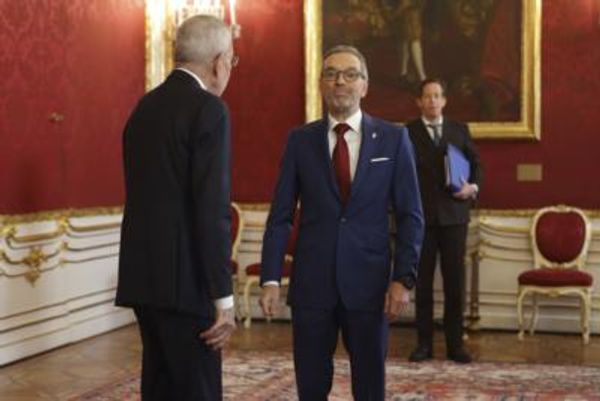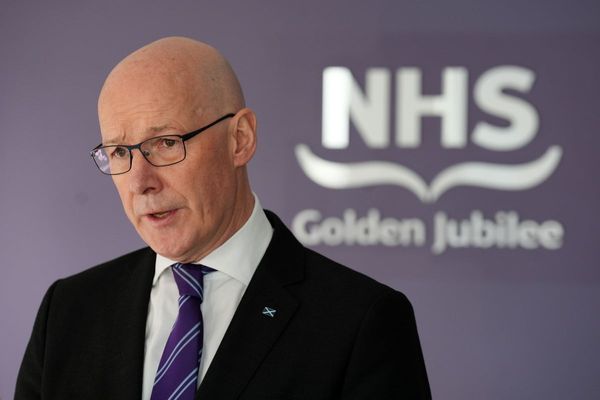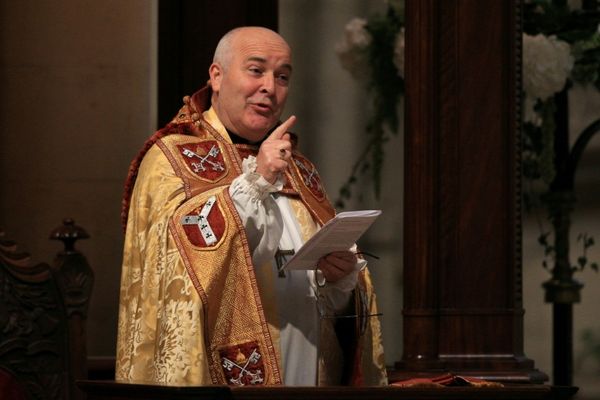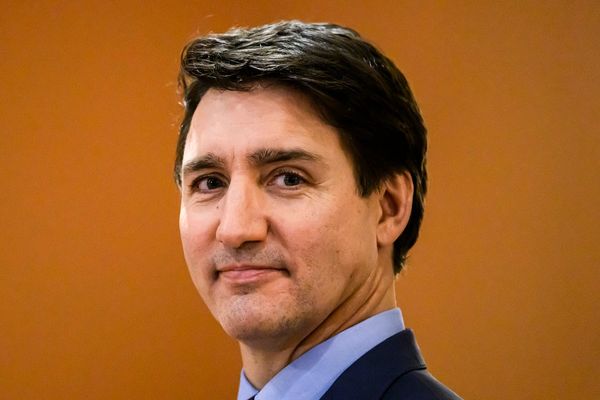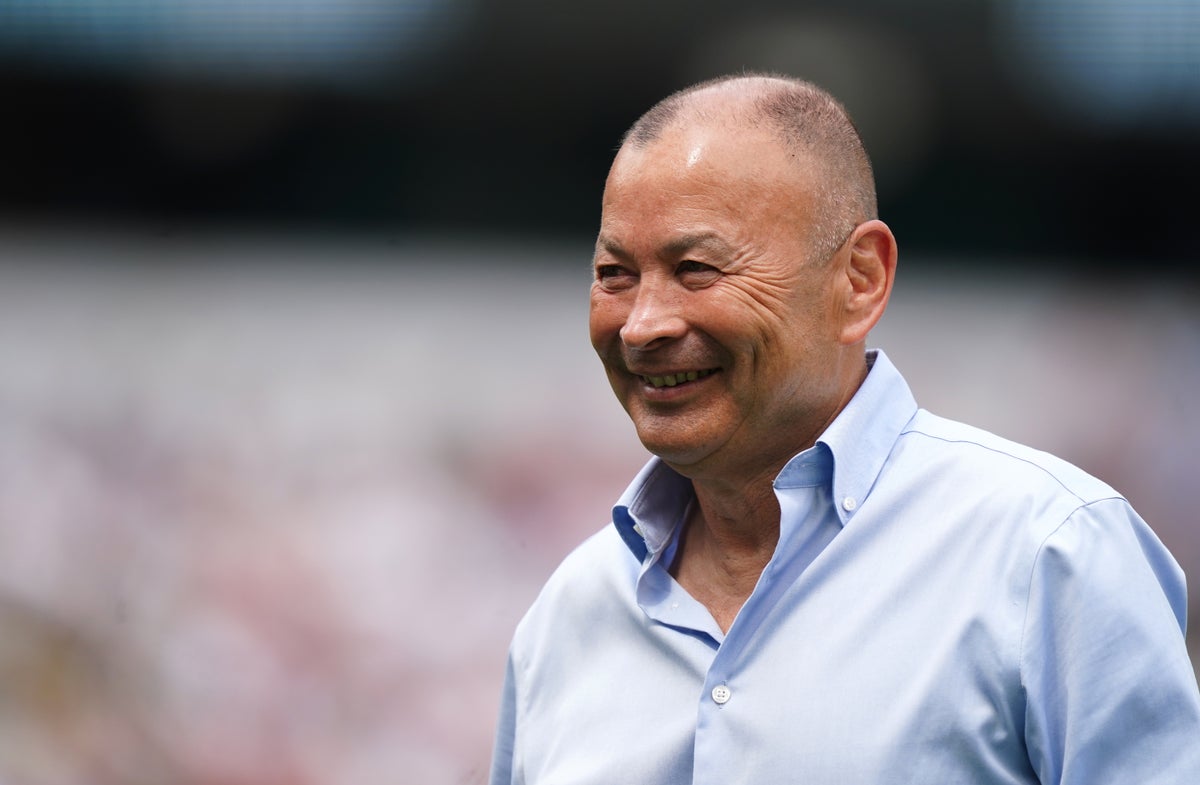
Eddie Jones will shape England’s approach to next year’s Rugby World Cup inspired by the level of planning that went into the climatic stage of the US Navy SEALs’ hunt for Osama bin Laden.
Earlier this month Jones spent two days with the US Navy’s elite fighting force at their base in San Diego where he learnt how they dealt with an immediate setback in the 2011 mission named ‘Operation Neptune Spear’, which ended with the Al-Qaeda leader being killed.
England’s head coach insists the ability to adapt to a game that is more volatile than ever because of HIAs, yellow cards and injuries is now critical and he will use this knowledge to prepare for the upcoming autumn campaign as the World Cup looms on the horizon.
“I was lucky enough to spend a couple of days with the Navy SEALs and understand how can we prepare the players better to cope with the unexpected. If we train better, we prepare them better,” Jones said.
“You know the Osama thing… they practised that whole project for 12 months for 38 minutes of work. And the first thing they did was wrong. The helicopter hit the wires.
“They had 12 months to prepare, went through it religiously and they still get something wrong, but then they were able to cope with it and get it done within 38 minutes.
“So you look at the analogy with us now, 12 months to the World Cup and we’re playing a game that’s got 35 minutes ball in play.
“The ability to dress-rehearse, prepare the players for what’s coming up, whether it’s the first round, second round, third round, whatever it is, is the opportunity going forward.”

While the time with the US special forces has provided Jones with ideas to help England over the next year, it was the capricious nature of the Rugby Championship clinched by New Zealand on Saturday that illustrated the current landscape on the field.
“We’ve got these extremes at the moment. We want to understand how we play rugby at our best, with our players, and be able to play that game,” Jones said.
“But we need to be able to adapt to a different game. Probably 25 per cent is uncontrollable through sin-bins, HIAs and uneven numbers.
“The game becomes completely different so we need to be able to adapt from our game to the game that’s going to be played at that time.
“That’s hard to do and there aren’t too many teams in the world who can do it. In fact, I can’t name one at the moment. So there’s a great opportunity for us.”
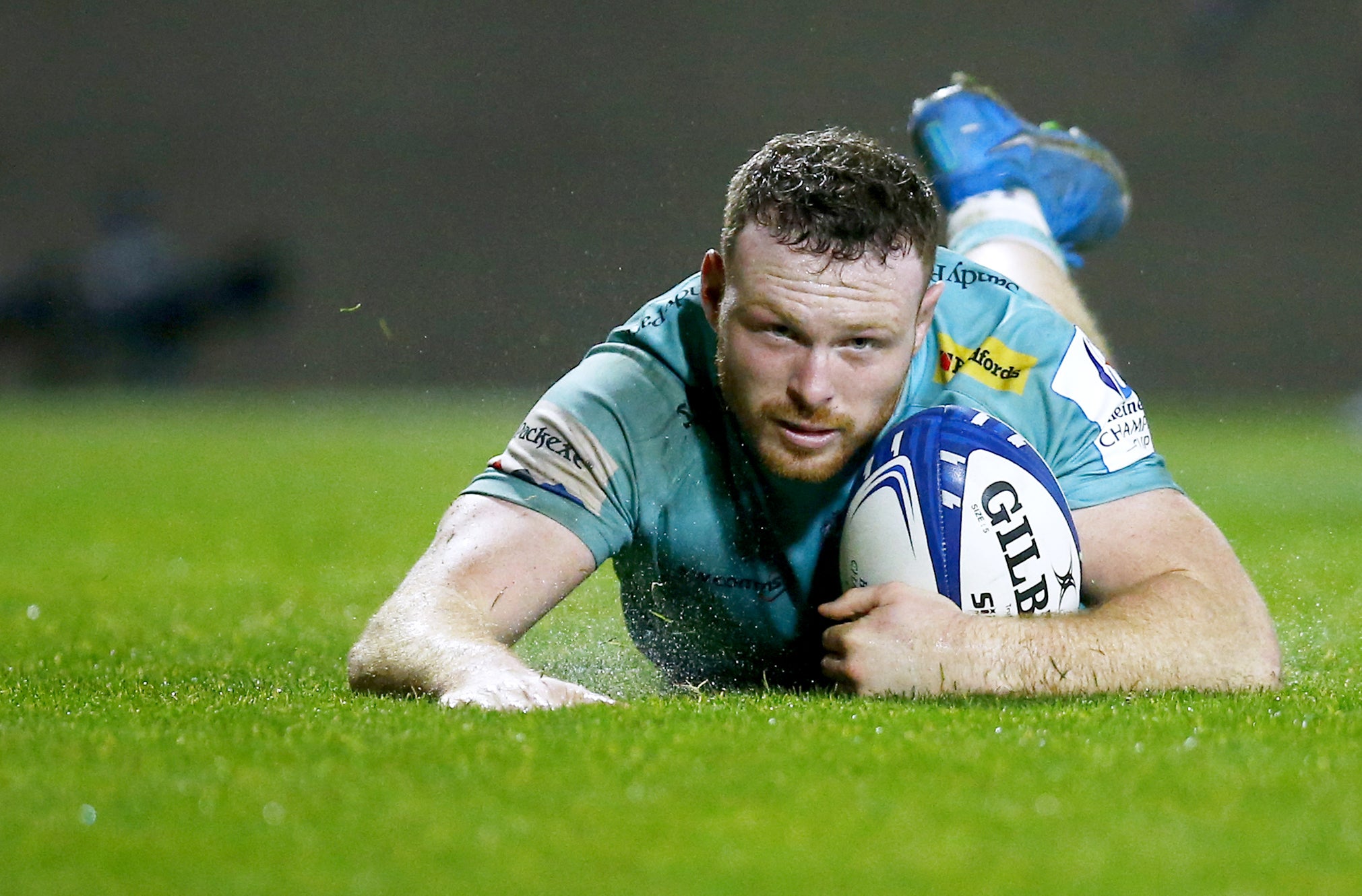
Jones has named a 36-man training squad for a three-day camp starting on Sunday with England opening the autumn against Argentina at Twickenham on November 6.
Danny Care is missing after being told to rebuild his form at Harlequins following a disappointing tour to Australia in July, while prop Kyle Sinckler and centre Henry Slade have been left to continue their comebacks from injury at their respective clubs Bristol and Exeter.
Sam Simmonds is present, however, after he missed out against the Wallabies because of a hip issue and Jones believes the Exeter No 8 will be available for World Cup selection despite signing a deal to join Montpellier for next season.
England do not pick overseas-based players but the apparent green light for Simmonds to appear at France 2023 could encourage other players considering a move to France to follow suit.
“As far as I know, the rule is that if you are contracted to an English club and you finish the season with that club and you haven’t signed a contract that starts before the World Cup then you are eligible to play for England,” Jones said.
